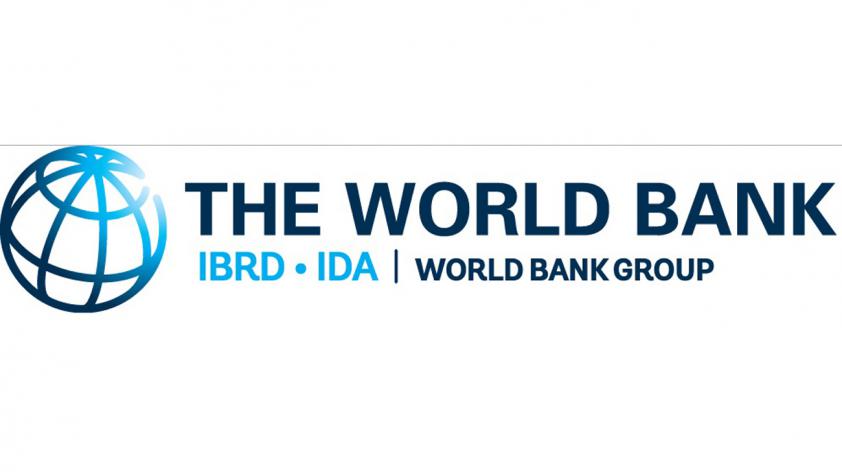WB, govt not on same page about reforms

The different government agencies disagree with the World Bank's reform proposal, which has now created a new hurdle to getting the $500 million budget support from the multilateral lender.
Budget support is a form of aid that is channelled directly into a country's budget on the condition that its government implements a number of reforms.
It was mainly the agencies in the power and energy sectors that differed with the WB, said a finance ministry official. Besides, the authorities have difference of opinion about some macroeconomic issues and guidelines about economic zones.
The differences were raised in a meeting yesterday between Finance Minister AMA Muhith and the visiting World Bank Vice-President for the South Asia Region Annette Dixon.
The government plans to go ahead with the proposed reforms but would do that differently from the WB's suggestions, Muhith told reporters after the meeting.
“Some compromise has to be made here -- it will be made somewhere.”
The finance minister said detailed discussions on the matter will be held at the annual meeting of the WB and International Monetary Fund, due to be held next month at Peru.
“We have agreed to continue the discussions in Lima. We very much look forward to reaching an agreement with the Bangladesh government,” Dixon said.
The WB reform proposals are mostly to do with price adjustments.
The Washington-based multilateral lender wants a pricing formula in place that would link both the petroleum and electricity prices with the production costs.
It wants the fuel price to be lowered now such that it becomes easier for the government later on to introduce the automatic pricing formula.
Muhith said the government has no plans to lower the price in the near future.
While the fuel price on the international market has come down to $49 per barrel, the government has fixed the current fuel price using $30 per barrel as the base price.
“It's already low. There is no room to lower the prices,” Muhith said.
The WB is happy with the hiking of the electricity prices by the government.
The finance ministry official said the WB also suggested corporatisation of several power sector distribution companies and introduction of power load dispatch mechanism for purchasing to reduce government costs.
It means during off-peak times, the concerned agencies will buy electricity giving first priority to the low-cost power producers. Then they will gradually purchase from high-cost power producers.
Another reform proposal made by the WB is making the rate of interest on savings instruments market-based. This means it will be consistent with the interest rate on the bank deposits.
News:The Daily Star/21-Sep-2015




Comments